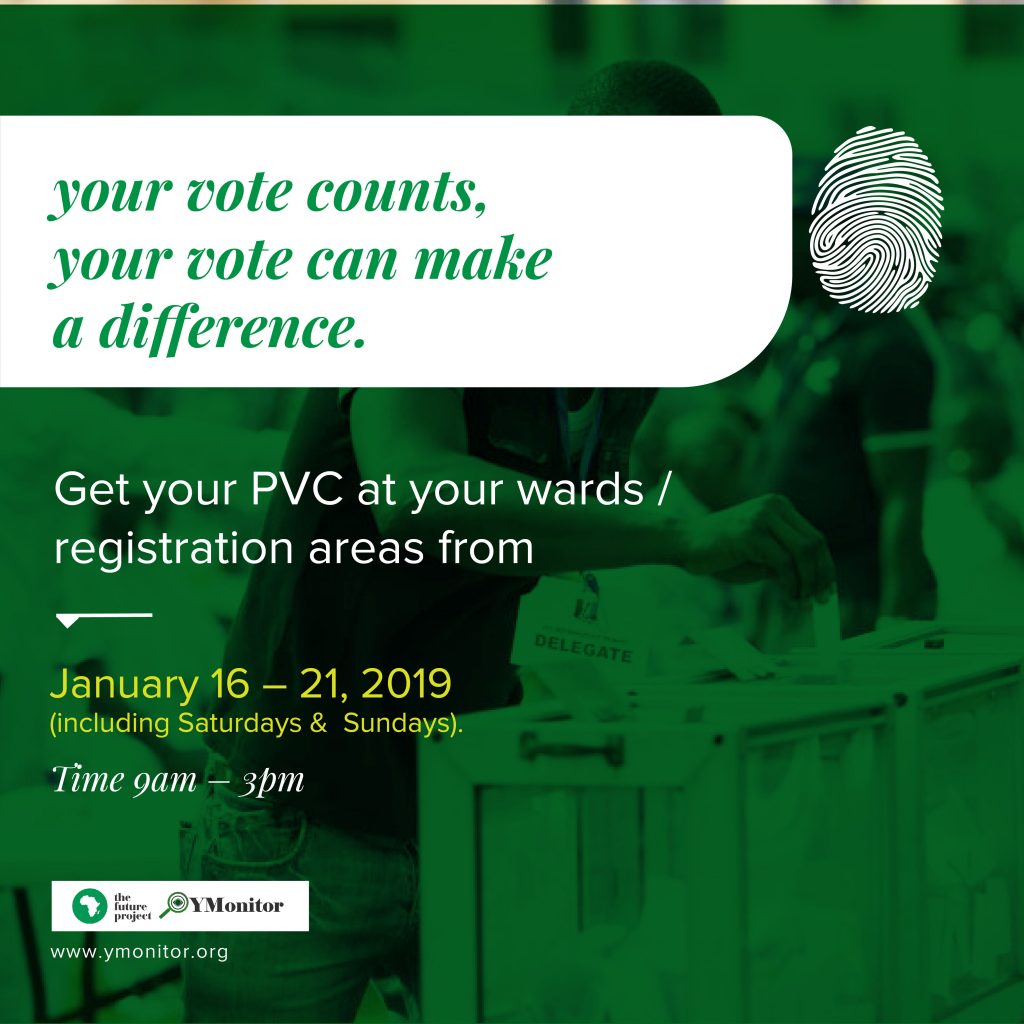by Damola Olabintan
For every Nigerian, 2019 has been one of the most anticipated year, a year we can decide to stick to the incumbent party and its policies to fulfill its first eight years’ rule at the top or better still decide no longer to go with the “change mantra”. Within the past years, we’ve witnessed a number of first-time candidates just as United States experienced its most diverse candidates ever in the recent Mid-term elections, Nigeria also is recording a dynamic increase in candidate registration.
Elections in Nigeria has always been characterized by the dominance of two parties while any other parties vying for the same position are more or less considered as the third wheel, like an outsider who wasn’t invited to a party but went anyway. However, there are few exceptions where the implied “third wheel” emerged as the winner of the election, take for example, the case of the 2012 gubernatorial elections in Ondo state, it of course had the active involvement of the two strong parties; People’s Democratic Party (PDP) and The All Progressives Party (APC) but in addition to that the Labour Party (LP) whose candidate (Olusegun Mimiko) emerged as the winner making him the first and only member of the Labour Party to win gubernatorial office in Nigeria.
There’s more to these parties than just being “third wheels” in elections, they have policies, ideologies, proposed actions and approaches for our dear country that could truly bring reforms only if people knew them. One of the major constraints to running for an election is the financial constraint which I believe is faced by many of these other candidates thereby limiting the “spread of their gospel” so to say. The APC and PDP however has always benefited from years of being in government and the wealth of party loyalists to fund its campaigns and create awareness about their intentions down to the grassroots.
This series aims at availing you of the several candidates running for the Lagos gubernatorial elections highlighting their individual and party manifestoes, promises, policies and of course, agenda. Historically, according to Business Day, Lagos has been recorded as one of the states with lowest voter’s turnout evidenced in the numbers of last presidential elections where only 29% of the registered voters were engaged in the process. Also, contrary to popular opinion, the 2015 election hit an all-time low voter’s turnout in the history of democracy recording a 44% participation, an 81.5% fall from the 54% recorded in the previous electoral year.
Truth be told, people’s unwillingness to vote has been due to nothing but the failure of the system seeing that electoral process in Nigeria has been characterized by rigging and violence in times past thereby eliminating every iota of faith people had in the democratic system. Notwithstanding, if this faith isn’t restored now, then when? what story of significant change are we going to talk about in future years? Every historic change that ever occurred was a function of groups of people coming together, now is the time we must come together to make informed decisions as to the elections. Our votes carry high stakes for our governance, security, and the economy.
Politics in Nigeria does not have to be run like an Oligopsony whereas there are few sellers (the APC and PDP) and numerous buyers (the people) who are always consoling themselves with the popular phrase “we don’t have an option” while the remaining no-party identifying citizens identify themselves to be an Independent, that is; belonging to neither of the parties thereby making the election day a chilled Saturday to just relax and forget the Lagos hustle.
With over 41 candidates of varying political parties vying for Governor’s seat in Lagos state, it is obvious that we have a pool of candidates to select from to be the next Governor of the state.
Join me on this platform as I would be providing information on these candidates so as to avail you the opportunity to consider your options before voting for the candidate of your choice.
